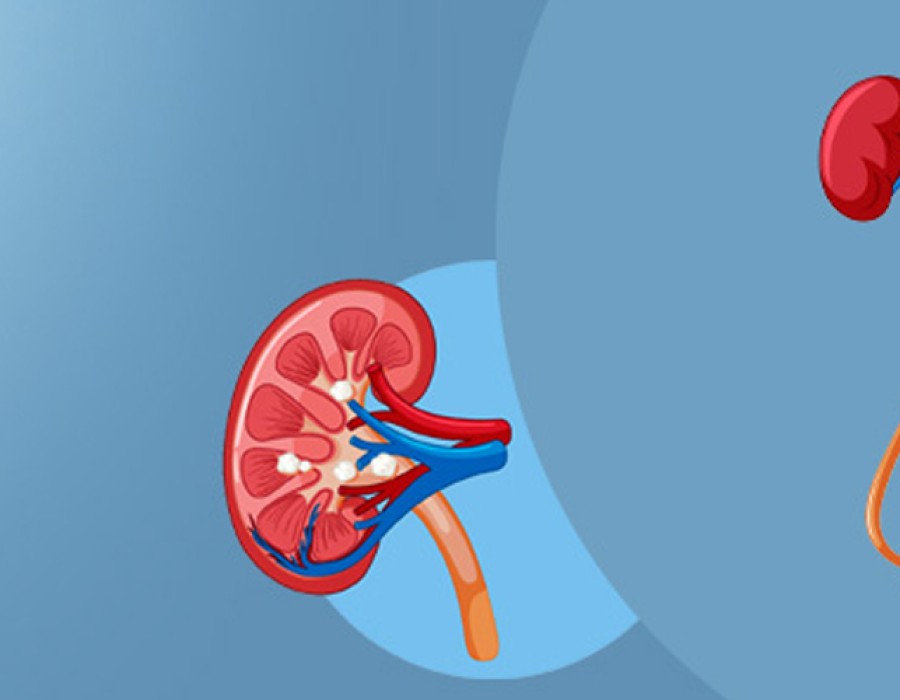Introduction:
Maintaining optimal urological health is crucial for overall well-being, yet many individuals may hesitate to seek assistance from a urologist until symptoms become severe. Knowing when to consult a urologist can help address concerns promptly, leading to timely diagnosis and effective treatment. In this blog, we'll explore common signs and symptoms that indicate it's time to schedule an appointment with a urologist.
1. Persistent Urinary Issues:
Frequent or urgent urination, difficulty initiating or maintaining urination, and pain or discomfort during urination are all signs of potential urological problems. Conditions such as urinary tract infections (UTIs), bladder infections, kidney stones, and benign prostatic hyperplasia (enlarged prostate) can manifest with these symptoms. If you experience persistent urinary issues, it's advisable to seek evaluation by a urologist to determine the underlying cause and receive appropriate treatment.
2. Blood in Urine:
Hematuria, or blood in the urine, should never be ignored, as it can indicate various urological conditions, including urinary tract infections, kidney stones, bladder cancer, and kidney cancer. Whether the blood is visible to the naked eye (gross hematuria) or detected through microscopic analysis (microscopic hematuria), it warrants prompt evaluation by a urologist to rule out serious underlying pathology.
3. Erectile Dysfunction:
Erectile dysfunction (ED) is a common condition that can significantly impact quality of life and intimate relationships. While occasional episodes of ED are normal, persistent difficulties achieving or maintaining an erection may indicate an underlying health issue, such as cardiovascular disease, diabetes, or hormonal imbalance. Consulting a urologist can help identify the cause of ED and explore appropriate treatment options, which may include medications, lifestyle modifications, or specialized therapies.
4. Testicular Abnormalities:
Changes in the size, shape, or consistency of the testicles should be evaluated by a urologist, as they can be indicative of conditions such as testicular cancer, epididymitis (inflammation of the epididymis), or hydrocele (fluid accumulation around the testicle). Prompt assessment and diagnosis are crucial for timely intervention and optimal outcomes, particularly in the case of testicular cancer, which has high cure rates when detected early.
5. Prostate Health Concerns:
Men over the age of 50, and those with a family history of prostate cancer, should consider regular prostate screenings, including digital rectal exams (DRE) and prostate-specific antigen (PSA) tests. Symptoms such as frequent urination, difficulty urinating, blood in the semen, or persistent pelvic pain may also warrant evaluation by a urologist to assess prostate health and rule out conditions such as prostatitis or prostate cancer.
6. Infertility Issues:
Couples experiencing difficulty conceiving may benefit from consultation with a urologist specializing in male infertility. Factors such as low sperm count, abnormal sperm morphology, or obstructive issues within the reproductive tract can contribute to infertility in men. A urologist can perform comprehensive evaluations, including semen analysis and hormonal testing, to identify potential causes of infertility and recommend appropriate interventions or assisted reproductive techniques.
Conclusion:
Knowing when to seek guidance from a urologist is essential for addressing urological concerns in a timely manner and optimizing health outcomes. Whether experiencing urinary symptoms, sexual dysfunction, testicular abnormalities, or fertility issues, consulting a urologist can provide valuable insights, diagnosis, and personalized treatment plans tailored to individual needs. Prioritizing urological health through proactive care empowers individuals to lead healthier, more fulfilling lives.





Comments